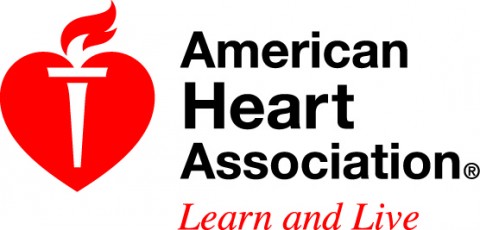 Dallas, TX – If you develop pregnancy-related hypertensive disorders or diabetes, you may have an increased risk of cardiovascular disease later in life, according to research in Circulation: Journal of the American Heart Association.
Dallas, TX – If you develop pregnancy-related hypertensive disorders or diabetes, you may have an increased risk of cardiovascular disease later in life, according to research in Circulation: Journal of the American Heart Association.
“We wanted to learn about possible explanations as to why women with pregnancy complications tend to have more heart disease later in life,” said Abigail Fraser, M.P.H., Ph.D., School of Social and Community Medicine at the University of Bristol, United Kingdom.
Researchers studied 3,416 pregnant women enrolled in the Avon Longitudinal Study of Parents and Children in the early 1990s. Among them, 1,002 (29.8 percent) had one pregnancy complication, 175 (5.2 percent) had two and 26 (0.8 percent) had three.The complications included gestational or pregnancy diabetes, hypertensive (or high blood pressure-related) disorders of pregnancy (also known as preeclampsia), preterm delivery, and size of babies at birth (top and bottom 10 percent in weight). Researchers correlated these with cardiovascular (CVD) risk factors measured 18 years later when the women were an average of 48 years old.
Researchers then calculated the women’s odds of experiencing a cardiovascular event in the next decade using the 10-year CVD Framingham risk score, which includes such factors as age, total and HDL (“good”) cholesterol, systolic blood pressure, diabetes and smoking status.
They found:
- Preeclampsia, gestational diabetes and giving birth to babies small for gestational age were associated with an increased risk of heart disease. Each complication was associated with different CVD risk factors.
- Gestational diabetes was associated with a 26 percent and preeclampsia 31 percent greater risk of developing heart disease in middle age.
- Among women who experienced these pregnancy complications, gestational diabetes was associated with higher levels of fasting glucose and insulin.
- Preeclampsia was associated with higher body mass index and larger waist circumference, as well as higher blood pressure, lipids and insulin.
- Women who gave birth to babies large for gestational age had larger waist circumference and higher concentrations of blood glucose. Those who had preterm babies had higher blood pressure.
The women in the study had not experienced a CVD event, so the researchers couldn’t determine whether preeclampsia and/or pregnancy diabetes have separate, independent effects on future CVD risk.
A larger study with longer follow-up could help determine whether pregnancy complications could affect how the 10-year CVD Framingham risk score is calculated for these women, Fraser said.
Furthermore, because the study population was predominantly white, replicating the research with other racial groups will provide additional data on the association between pregnancy complications and CVD risk, she said.
Co-authors are Scott M. Nelson, M.B.Ch.B., Ph.D.; Corrie Macdonald-Wallis, M.Sc.; Lynne Cherry, Ph.D.; Elaine Butler; Naveed Sattar, M.B.Ch.B., Ph.D.; and Debbie A Lawlor, M.B.Ch.B., Ph.D. Author disclosures are on the manuscript.
The British Heart Association, Wellcome Trust and United States National Institute of Diabetes and Digestive and Kidney Diseases funded the research.


